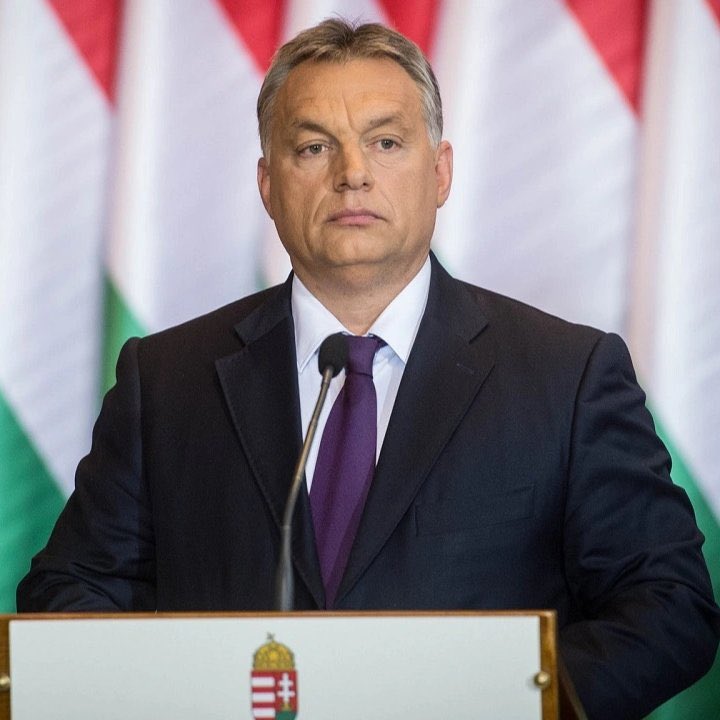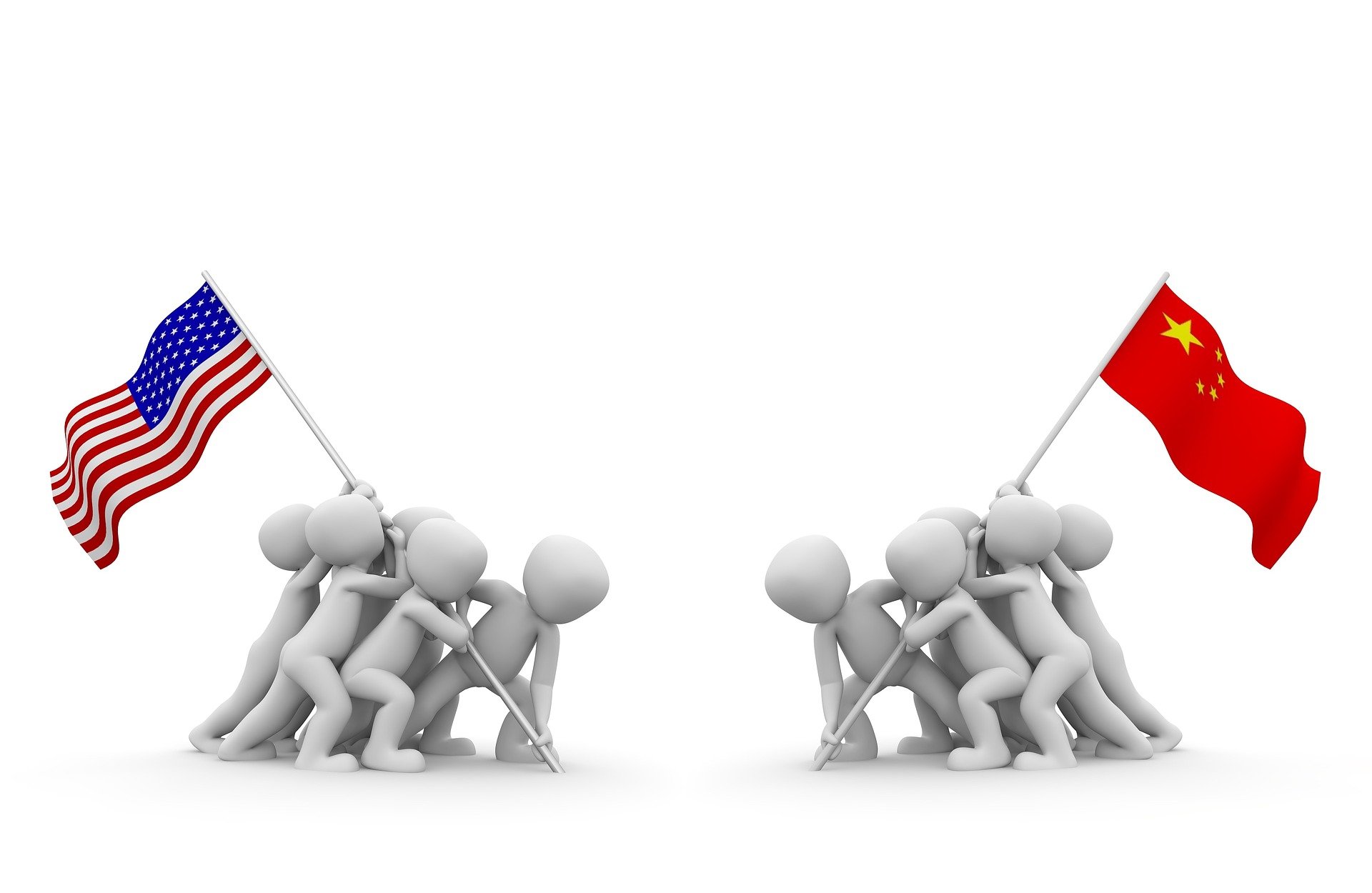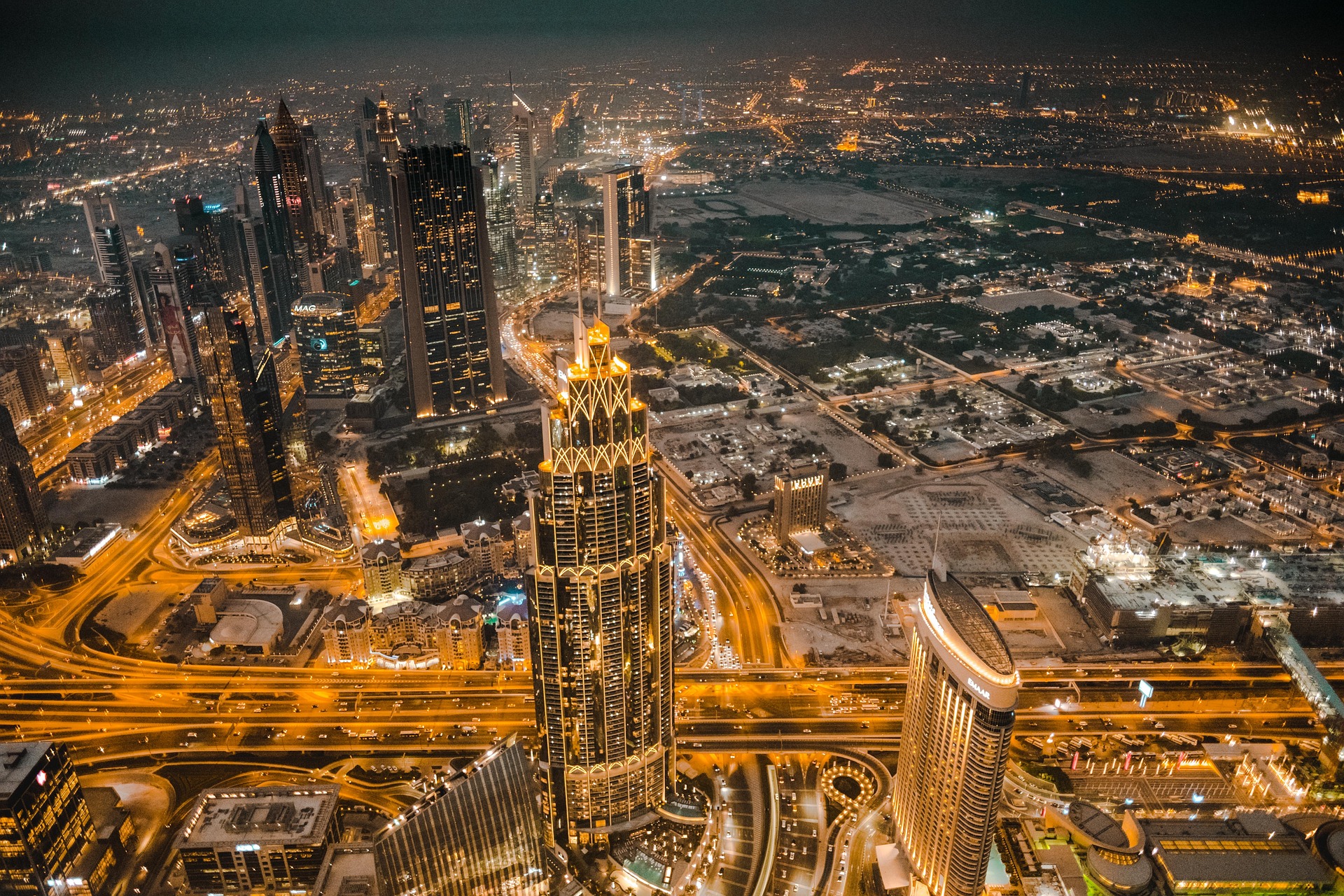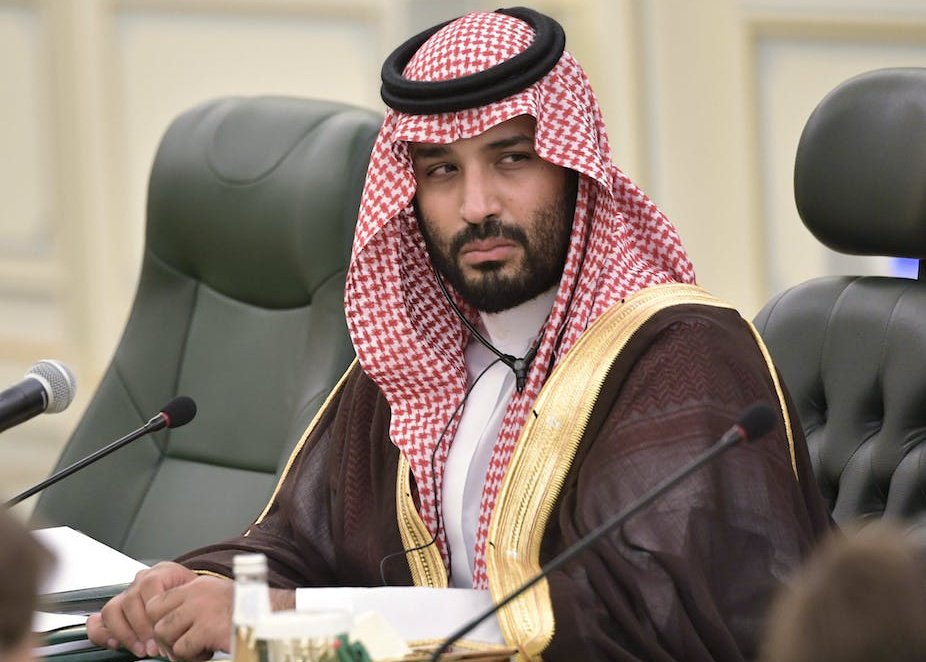In a major transfer, Hungarian Prime Minister Viktor Orbán has formally banned LGBT marches within the nation, citing the controversial ‘Baby Safety’ legislation as the premise for this resolution. This legislative measure, which has garnered worldwide criticism, ostensibly goals to safeguard minors from content material deemed inappropriate. Nevertheless, opponents argue that it successfully marginalizes the LGBT group and infringes upon freedom of expression.
The ban, introduced earlier this week, has sparked swift reactions from each home and worldwide observers. Advocates for LGBT rights contend that the legislation represents a broader pattern of discrimination towards sexual minorities in Hungary. They assert that such restrictions not solely undermine basic human rights but in addition contribute to a local weather of intolerance.
In response to the federal government’s resolution, varied human rights organizations have expressed deep concern, calling for a reexamination of Hungary’s dedication to European Union values, which emphasize equality and non-discrimination. “This can be a blatant try and stifle voices that advocate for inclusivity and variety,” said a consultant from one outstanding NGO.
Whereas Orbán’s administration maintains that the legislation is designed to guard kids from inappropriate content material, critics imagine it’s a politically motivated maneuver aimed toward consolidating assist amongst conservative factions. As tensions escalate, the implications of this ban are prone to reverberate past Hungary’s borders, probably straining relations with worldwide allies who champion the rights of the LGBT group.
The Prime Minister’s resolution has led to requires protests and renewed discussions across the ongoing cultural and political discourse inside Hungary, highlighting the delicate steadiness between conventional values and fashionable progressive beliefs.





